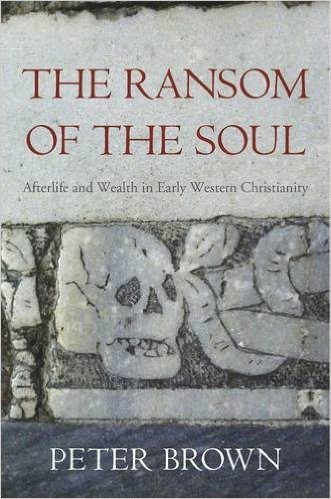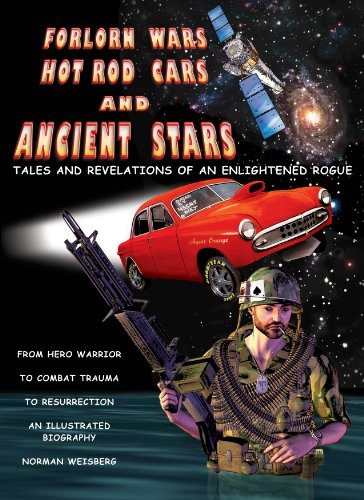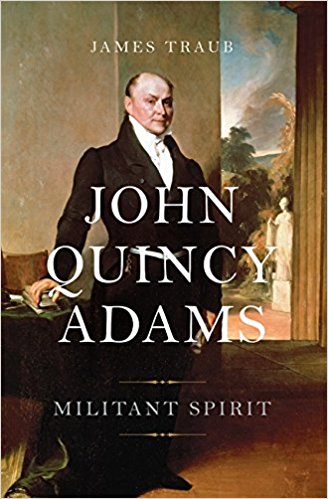The Ransom of the Soul: Afterlife and Wealth in Early Western Christianity
This book contains ideas of the afterlife, mortal relationships/responsibilities, and most importantly the development of how the two could be reconciled or influenced by wealth, prestige, and power. The author uses detailed writings of several early church leaders, including Saint Augustine, Pelagius, Gregory of Tours, Columbanus, and others, and shows how attitudes about the dearly departed twisted with changing social and political expediencies. Alms giving started with making sure one’s community was cared for, but when the church took over the administration of the poor from the failed Roman state, it became the de facto collector, distributor, and arbitrator of care for the poor. The marriage of church and state eventually followed. Donations to the church became a patriotic, or at least a required, expense; additionally there was a lot of worldly wealth and edifices whose endowments became more important than alms giving for the care of others. The great monasteries, convents, and church buildings testify how effective it became to equate earthly largesse directly to the church, quid pro quo with heavenly rewards. I enjoyed the book; it is from a series of scholarly lectures given by the author. I recommend it to those wishing to gain insights about early Latin Church history and philosophy.
| Author | |
|---|---|
| Star Count | 4/5 |
| Format | Trade |
| Page Count | 238 pages |
| Publisher | Harvard University Press |
| Publish Date | 2015-Apr-14 |
| ISBN | 9780674967588 |
| Bookshop.org | Buy this Book |
| Issue | May 2015 |
| Category | History |
| Share |








Reviews
There are no reviews yet.